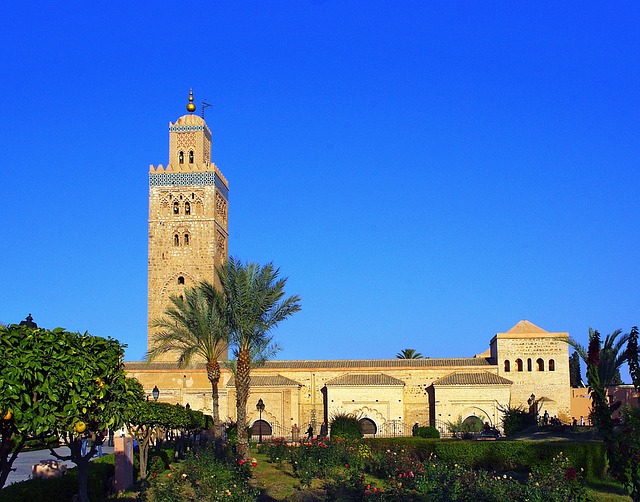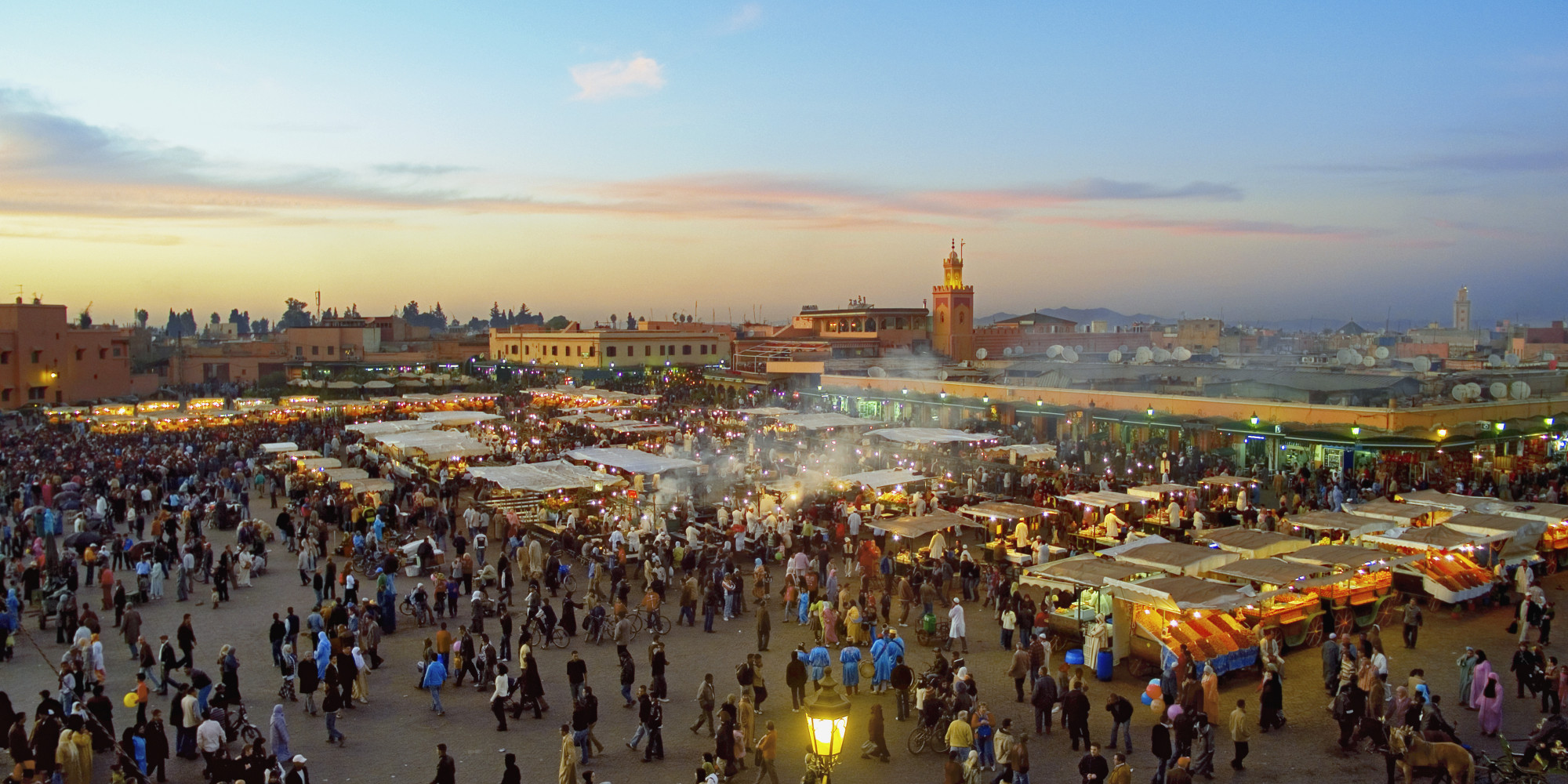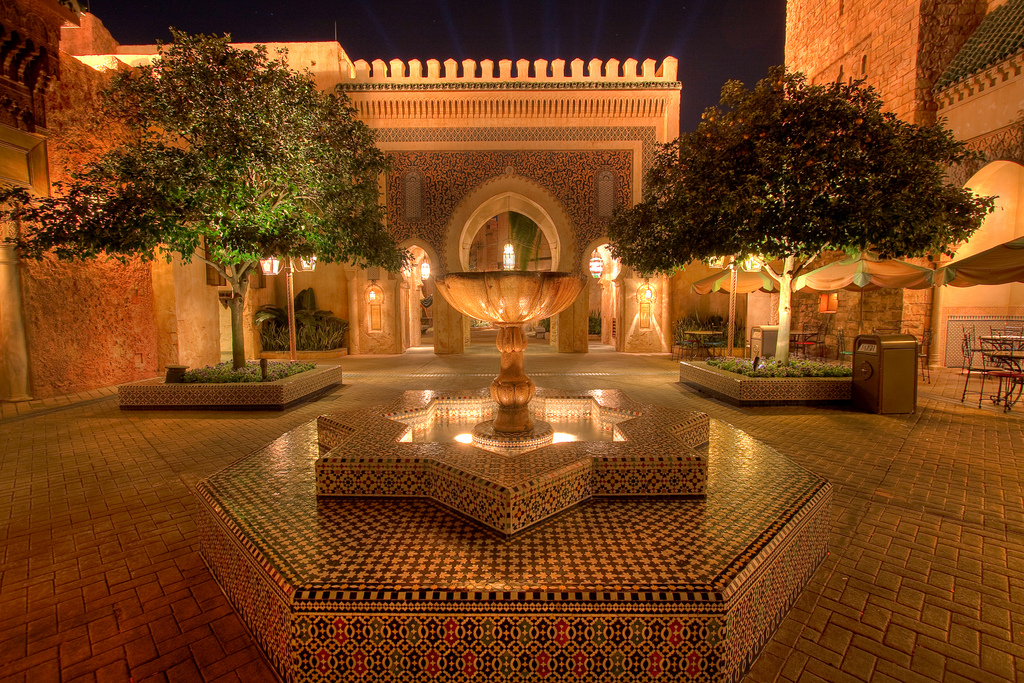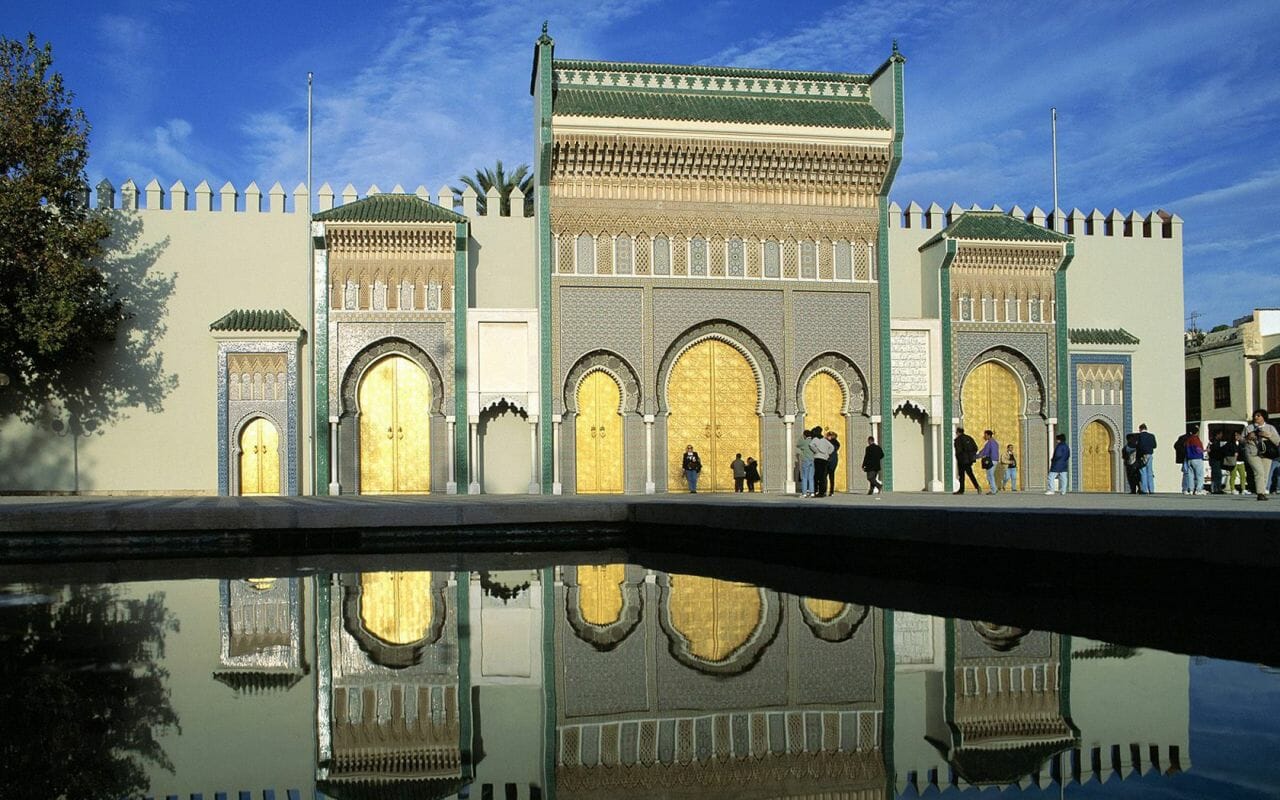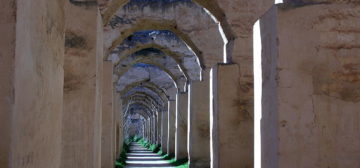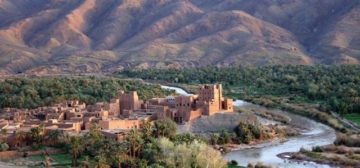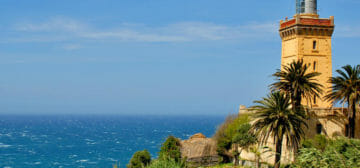Your travel expert:
Moroccan culture is influenced by Arab, Islamic, African, Berber, and European traditions. Its mix of Sufi-like spirituality, more relaxed and open Maliki school of Islam, African and Berber legacies, and European style of administration is unlike any other country.
Beginning in the 1940s, Paul Bowles and other Beat artists like William Burroughs and Allen Ginsberg were drawn to the country for its heterogeneous and underground culture. These writers brought attention to the country through their literary works and collaborations with Moroccan artists. The port city of Tangier was a particularly popular destination. During the 1950s and 60s Morocco became a literary sanctuary. Many native Moroccans also bloomed during this time, including Driss El Khori, Mohamed Choukri and Driss Chraibi. Authors such as Mohamed Zefzaf and Abdellah Laroui are noted for writing in Arabic. Driss Chraibi made a massive impact on the Moroccan public with his French novel “Le Passe Simple”, or “The Past Tense”, that was published in 1954 and condemned patriarchal society.
Clothing
The standard article of clothing in Morocco for both men and women is known as the djellaba. Men wear this loose-fitting robe in muted colors of brown, gray, and green. The djellaba has long sleeves and a hood. Men may be seen wearing the small red cap known as a tarboosh, or fez, on special occasions but more often adorn the kufi skullcap. Brimless hats are common in the region as they are less likely to interfere with the bowing associated with daily prayers than brimmed hats.
Women often wear their own version of the djellaba. These are typically more colorful and decorative than their male counterparts, and sometimes feature silk thread and gold embroidery. Women also occasionally wear a haik, a cloak of fine white cloth worn around the head and body. The haik is often found in rural areas away from the metropolitan lifestyle of the city. Other types of modest clothing such as kaftans, long skirts and tunics are common as is Western attire. Veiling is a personal or family matter in which the state is not involved. People living in rural areas tend to dress more conservatively than in cities.
